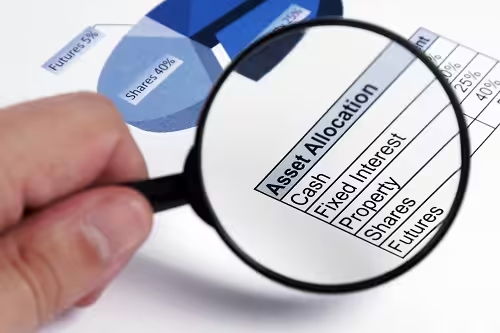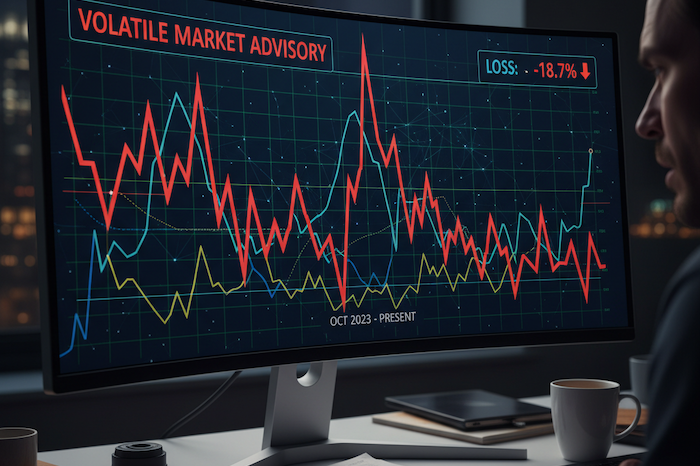11 Tips for Successful Investing
Investing means putting money somewhere now, in hope it will grow (or give you income) in the future. Rather than leaving cash under your mattress (or in a low-interest savings account), investing involves accepting some risk in return for a chance of better returns than inflation or simple savings. Returns might come from:
- capital growth (the value of what you own goes up)
- income (dividends, rent, interest)
- sometimes both
Risk is the chance that you lose money (or that real returns after costs/inflation come up short). Time, diversification, and understanding what you are investing in are key.
Understanding the fundamentals of Successful Investing can greatly enhance your ability to build wealth.










